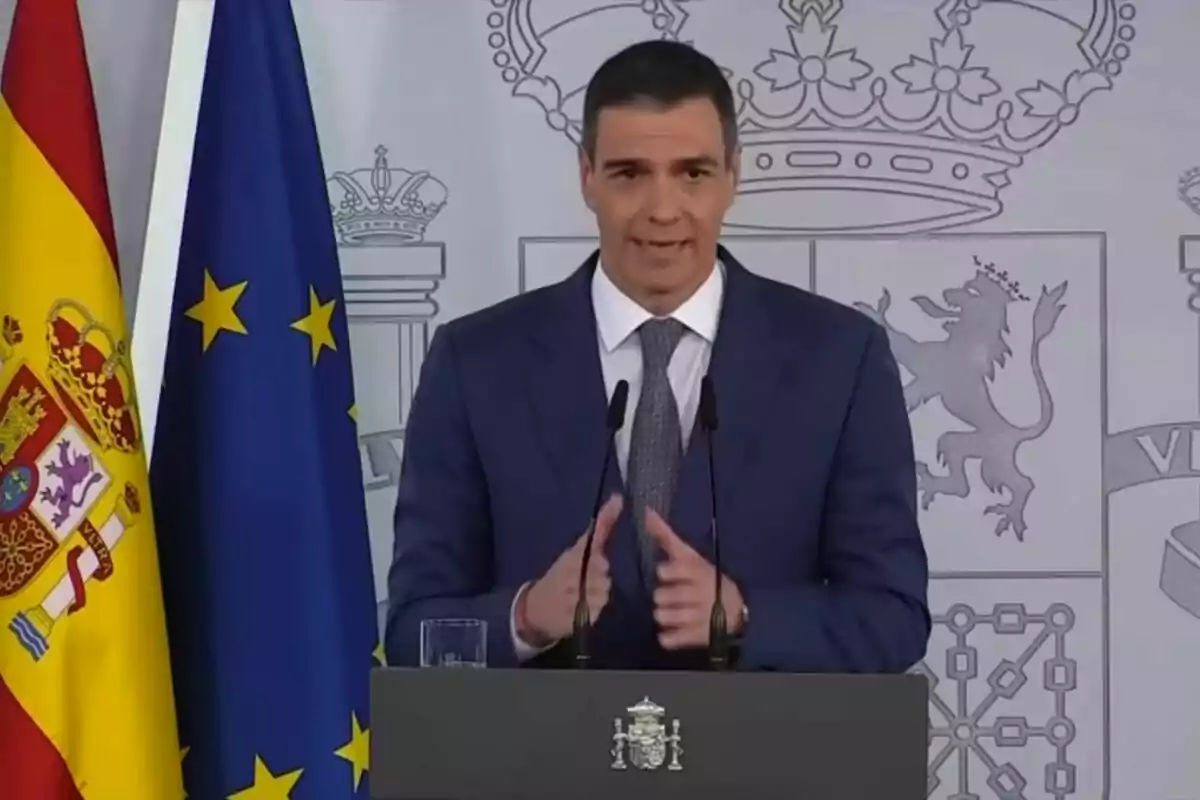
The radical shift to the right in Portugal isolates Spain and Catalonia a bit more.
Social democracy sinks again in the face of the rise of conservative and anti-immigration parties
Spain is one of the few countries where the left keeps power in the face of the conservative wave sweeping the world and Europe. "Sanchism" has become an exception on the European continent.
The collapse of social democracy and the rise of the right in several countries increasingly isolate Spain in a particularly delicate geopolitical context.
This Sunday's elections in Portugal isolate Spain and Catalonia a bit more. Conservatives have prevailed against the collapse of the socialists, whose leader had to resign. The surprise has been the emergence of Chega, an ultra-conservative and anti-immigration party that has achieved a historic result.

Portugal has long been grappling with a massive influx of immigrants that have fueled the success of radical discourses. As has happened in other countries, the advance of the far-right forced the Portuguese government to toughen its immigration policy. A few months ago, it banned entry into Portugal without an employment contract in origin.
But the measure hasn't neutralized the threat, and the party led by André Ventura has broken the bipartisan system for the first time since the start of democracy in 1974.
Chega's success
Founder and main face of Chega, André Ventura consolidates himself as a central figure in Portuguese politics after this Sunday's legislative elections. With a nationalist and anti-immigration discourse, Ventura has transformed a marginal movement into one of the main political forces in the country.
Ventura is a young politician (42 years old), a law graduate, professor, and civil servant. He began his political career in the ranks of the socialist party, with which he broke in 2019 to create his own party (Chega).
His political rise has been marked by several controversies and a strong discourse that has managed to captivate part of the Portuguese society. He defines himself as economically liberal, conservative in customs, and nationalist in identity. Among his proposals are harsher penalties for serious crimes, life imprisonment, chemical castration for sexual abusers, and tough measures against corruption.
Although his campaign has been mainly based on the anti-immigration discourse. Ventura claims that Portugal has "minorities that believe they are above the law." He has gained significant traction on social media and messaging groups.
Spanish isolation
Spanish isolation is no joke considering the difficult geopolitical context currently. However, President Pedro Sánchez can use this card precisely to his advantage. The socialist leader wants to present himself in the upcoming elections as the last European hope against the advance of the far-right.

But the fall of the socialists in Germany and Portugal has left Sánchez without partners in the EU. Sources from Brussels assure that the Spanish President is increasingly alone at the summits of the major European leaders.
The most worrying thing for Sánchez is that the multiplication of conservative governments in Europe marks a global trend. Germany and Portugal share the same problems as their neighboring countries. Spain too, where the migration crisis wreaks havoc and the impoverishment of the middle class coincides with a deterioration of security and public services.
Spain is an exception because a progressive coalition manages to govern in minority thanks to the support of separatists and a constellation of unnatural parties. Meanwhile, PP and Vox await their moment, looking with hope toward the neighboring country.
More posts: